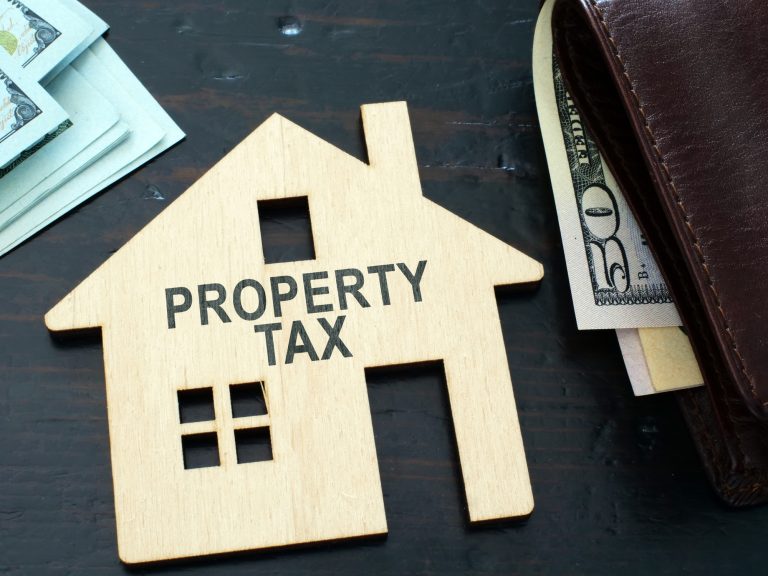🏢 How to Get an Audit Licence in Malaysia: A Complete Step-by-Step Guide for Accountants
Kuala Lumpur, October 2025 — Becoming an approved company auditor in Malaysia is a major professional milestone. However, the process involves more than just being a Chartered Accountant — it requires practical experience, regulatory approval, and ongoing compliance with the Companies Act 2016 and the Malaysian Institute of Accountants (MIA) guidelines.
This article explains the full pathway — from qualification to renewal — for those aiming to obtain an audit licence and establish their own practice in Malaysia.
📘 1️⃣ Understanding the Regulatory Framework
Audit licensing in Malaysia is governed by two main bodies:
-
Malaysian Institute of Accountants (MIA) — regulates the professional qualification and membership of Chartered Accountants.
-
Ministry of Finance (MOF) — issues the audit licence (Practising Certificate) under Section 263 of the Companies Act 2016.
In short, you must first be a Chartered Accountant (CA (M)) registered with MIA before applying to MOF for the audit licence.
🧾 2️⃣ Basic Eligibility Requirements
Before you apply, make sure you meet all of the following prerequisites:
-
MIA Membership: You must be a current MIA member under the Chartered Accountant category.
-
Practical Experience: At least three (3) years of relevant audit experience with a MIA-approved firm.
-
Good Standing: No disciplinary action, bankruptcy, or pending legal issues.
-
Residency: You must be ordinarily resident in Malaysia.
-
Fit and Proper Criteria: As assessed by MIA and MOF, based on ethics, competence, and integrity.
Tip: Many successful applicants gain experience under an approved training principal or ATO (Accredited Training Organisation) before applying.
📚 3️⃣ The Audit Licence Application Process
The process involves several distinct stages:
🧩 Step 1: Obtain MIA Membership
If you are not yet a member, apply through one of MIA’s approved qualification pathways (e.g. ACCA, ICAEW, CPA Australia, MICPA, etc.).
🧩 Step 2: Gather Experience
You must accumulate at least three years of audit-related experience under a licensed auditor or a public accounting firm approved by MIA.
🧩 Step 3: Apply for a Practising Certificate from MIA
Submit the Application for Practising Certificate (Audit) via the MIA Member Portal.
Include:
-
Updated résumé and training record,
-
Reference letter from your supervising auditor,
-
Declaration of ethics and compliance.
🧩 Step 4: Attend the MIA Interview
Applicants must attend an interview with MIA’s Practising Certificate Committee.
The panel will evaluate your technical knowledge, ethics, and understanding of professional responsibilities.
🧩 Step 5: MOF Audit Licence Approval
Once MIA approves your practising certificate, your name will be recommended to the Ministry of Finance.
MOF will issue the audit licence under Section 263(2) of the Companies Act 2016.
🧩 Step 6: Register Your Audit Firm
After receiving your licence, register your audit firm or LLP with MIA.
You may operate as:
-
A sole proprietor,
-
A partnership, or
-
A limited liability partnership (LLP) under the LLP Act 2012.
💼 4️⃣ Renewal and Continuing Obligations
Audit licences are typically valid for two years. Renewal requires evidence of continued compliance and professional development.
To maintain your licence:
-
Complete at least 40 CPD hours per year (including ethics and audit updates).
-
Remain in good standing with MIA and MOF.
-
Maintain professional indemnity insurance (recommended).
-
Undergo MIA Practice Review when selected.
Failure to meet these obligations may lead to suspension or revocation of the licence.
⚖️ 5️⃣ Why the Audit Licence Matters
Holding an audit licence grants you the authority to:
-
Sign statutory audit reports for companies incorporated in Malaysia.
-
Offer assurance and review engagements.
-
Qualify to become a partner in an audit firm.
-
Enhance your professional credibility in both local and ASEAN markets.
Moreover, licensed auditors are entrusted to uphold the public interest — ensuring financial statements are reliable and compliant with Malaysian Financial Reporting Standards (MFRS).
🌟 6️⃣ Common Reasons Applications Are Delayed or Rejected
MIA and MOF have identified several recurring issues:
-
Incomplete documentation or missing references.
-
Insufficient practical audit experience.
-
Failure to demonstrate leadership or technical readiness during interview.
-
Unresolved disciplinary matters or ethical breaches.
Preparing thoroughly and maintaining a clear professional record will help smooth your approval process.
Sources: https://www.mia.org.my/




